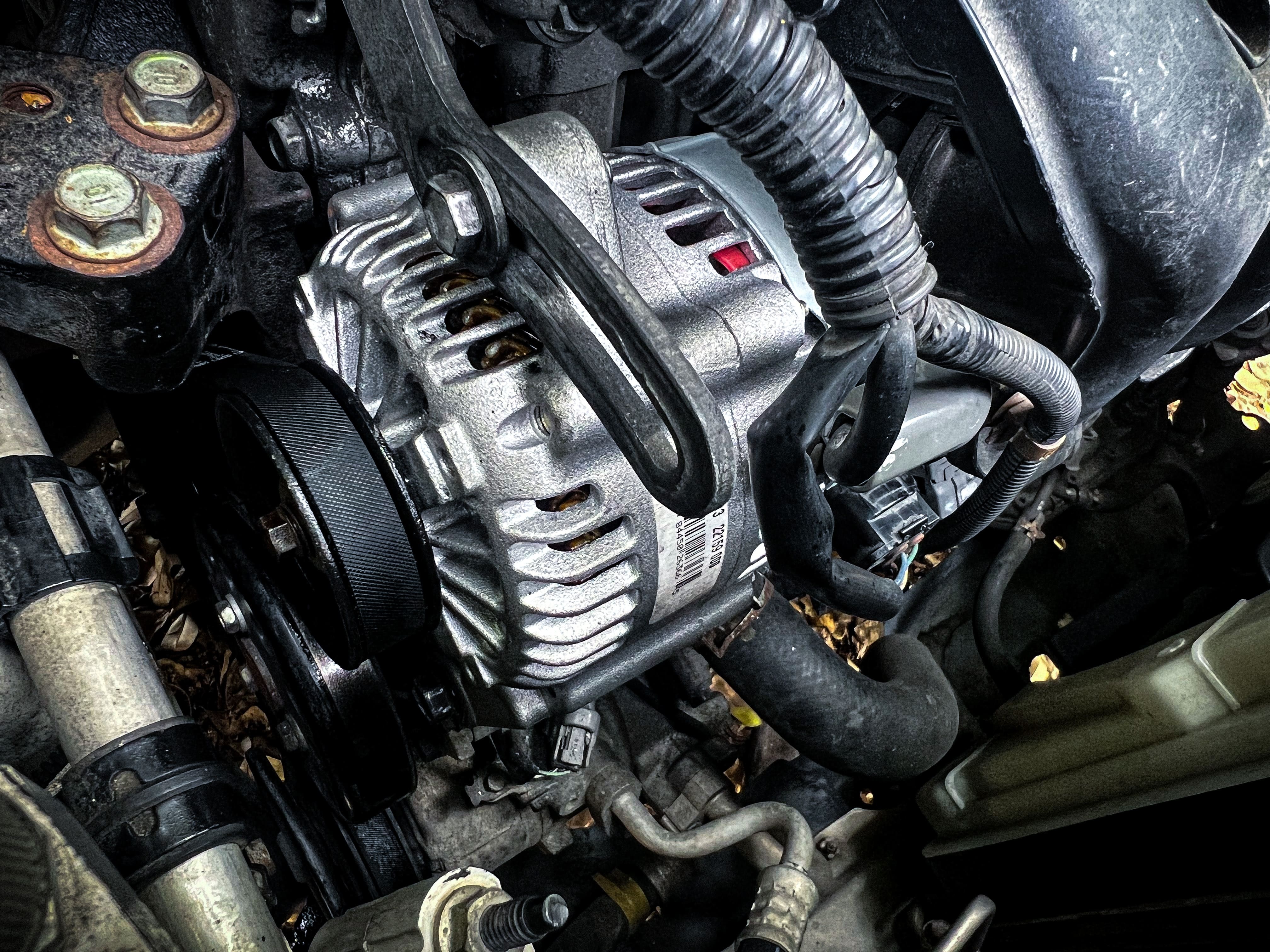Your alternator may keep going bad due to a faulty wiring connection and overloading the electrical system. Several factors can contribute to the frequent failure of your alternator, including a damaged voltage regulator or excessive use of electrical accessories.
Understanding these potential causes can help you address the underlying issues and prevent further alternator failures. When your alternator frequently malfunctions, it can lead to frustrating breakdowns and costly repairs. However, by identifying the root cause of the problem, you can take proactive steps to resolve the issues and ensure the long-term functionality of your vehicle’s electrical system.
We’ll delve into the common reasons why alternators go bad and provide practical tips for preventing future failures. Understanding the signs of alternator problems and taking appropriate maintenance measures can ultimately save you time, money, and inconvenience.

Credit: shop.advanceautoparts.com

Credit: www.sweetprocess.com
Frequently Asked Questions On Why Does My Alternator Keep Going Bad
Why Does My Alternator Keep Going Bad?
The alternator may keep going bad due to factors such as excessive strain, faulty wiring, and low battery fluid levels. Regular maintenance, checking for any loose connections, and replacing any worn-out parts can help prevent alternator failure. Additionally, avoiding overloading the electrical system can also extend the life of your alternator.
Conclusion
To sum it up, there can be various reasons why your alternator keeps going bad. From loose connections and excessive heat to old age and high electrical demands, all these factors can contribute to alternator failure. Regular maintenance and early detection of any issues can help prolong the lifespan of your alternator.
Remember, addressing the underlying causes promptly is crucial to prevent recurring alternator problems and ensure the smooth functioning of your vehicle.

